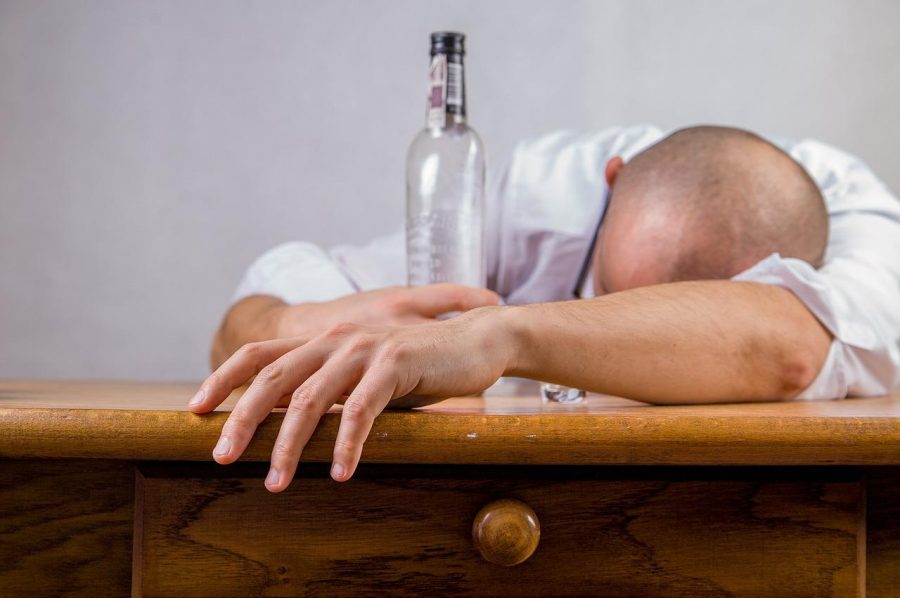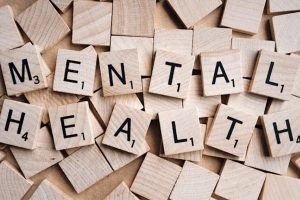Alcohol is a big part of many peoples lives. It is often used as a way to relieve stress and as a social lubricant during gatherings. But does it have consequences for mental health? In this article, you will learn about the benefits and dangers that alcohol can have on your mental health.
Table of Contents
Alcohol and Mental Illness
It’s no secret that alcohol and mental illness don’t mix. In fact, alcohol is one of the biggest enemies to mental health.
When you’re struggling with a mental illness, the last thing you need is to add alcohol into the mix. Alcohol can make your symptoms worse and can even lead to new ones. It can also make your medications less effective.
If you’re struggling with a mental illness, it’s best to steer clear of alcohol altogether. If you do drink, it’s important to be aware of how it affects you and to drink in moderation.
Alcohol’s Effect on Mental Illness
There’s no denying that alcohol can be a big help when it comes to social situations. But what many people don’t realize is that alcohol is also one of the biggest enemies to mental health.
For people who suffer from conditions like anxiety and depression, alcohol can be a very dangerous coping mechanism. It might provide temporary relief from symptoms, but in the long run it will only make things worse.
Alcohol is a depressant, which means it can actually worsen symptoms of depression. It can also interfere with medications that are meant to treat mental illness.
And for people who suffer from anxiety, alcohol can be a trigger for panic attacks and other episodes of intense anxiety.
If you or someone you know suffers from a mental illness, it’s important to be aware of the dangers of alcohol abuse. If you’re struggling to cope, please reach out for help from a professional.
How Alcohol Impacts People with Mental Health Conditions
Alcohol is a central nervous system depressant, and while it may initially offer some relief from symptoms of mental health conditions like anxiety or depression, it can actually make those conditions worse over time. For people with mental health conditions, alcohol can interact with medications, worsen symptoms, and trigger relapse. It’s important to be aware of how alcohol can impact your mental health so you can make informed choices about drinking.
How Alcohol Can Treat Mental Illness
There’s no doubt that alcohol can be a big enemy to mental health. But, in some cases, it can also be a big help.
How? Well, for one thing, alcohol can be used to self-medicate. That is, people with mental illness often turn to alcohol to help them cope with their symptoms. And, in some cases, it can actually work.
Of course, this is not a cure and it’s not something that should be done on a regular basis. But, if you’re struggling with mental illness and you’re looking for some relief, alcohol may be worth trying.
Just be sure to talk to your doctor first and make sure that you’re doing it in a safe way.
The Dangers of Drinking Too Much Alcohol
We all know that drinking too much alcohol can be bad for our health. But did you know that it can also be one of the biggest enemies to our mental health?
Studies have shown that drinking too much alcohol can lead to an increased risk of developing depression, anxiety, and other mental health disorders. It can also worsen existing mental health conditions.
So why is alcohol such a danger to our mental health? There are a few reasons.
- For one, alcohol is a depressant. This means that it can slow down our brain function and make us feel more depressed. It can also make us more anxious and irritable.
- Another reason is that alcohol abuse can lead to brain damage. This can affect our ability to think clearly, remember things, and make good decisions.
- Finally, alcohol use disorder (AUD) is a real medical condition that requires treatment. If you or someone you know is struggling with AUD, please seek professional help.
If you drink alcohol, please do so in moderation. And if you are struggling with mental health issues, please reach out for help. There is no shame in seeking treatment for mental illness.
Some Helpful FAQs
- What is alcohol and what are its effects?
Alcohol is a psychoactive drug that is present in many forms of beverage. It is produced by the fermentation of yeast, sugars, and starches. When consumed, it can act as a depressant on the central nervous system. Alcohol has a number of potential short- and long-term effects on mental health, including anxiety, depression, and psychosis. - How does alcohol affect mental health?
There is a complex relationship between alcohol and mental health. Drinking alcohol can cause or worsen mental health problems such as anxiety, depression, and psychosis. Additionally, people who suffer from mental health problems are more likely to abuse alcohol as a way to self-medicate. - What are some of the signs that someone is abusing alcohol?
Some signs that someone may be abusing alcohol include drinking alone, feeling the need to drink in order to relax or feel better, blacking out after drinking, and experiencing financial or legal problems as a result of drinking. If you or someone you know is exhibiting these signs, it’s important to get help from a professional as soon as possible. - What are some of the signs that someone is addicted to alcohol?
Being physically dependent on alcohol can lead to a number of dangerous results, including mood swings, blackouts, and cravings. In some cases, physical dependence leads to withdrawal symptoms when a person tries to quit drinking. Some signs that someone may be addicted include an inability to stop drinking once they start, feeling guilty about their drinking habits, and developing a tolerance for alcohol.
Conclusion
Alcohol is a depressant, and as such, it can have profound effects on mental health. If you are struggling with mental health issues, it is important to be mindful of your alcohol consumption and to seek help if you feel that you are struggling to control your drinking. There are many resources available to help you if you think that you need assistance. Do not hesitate to reach out for help if you are feeling overwhelmed by your mental health or alcohol consumption.









